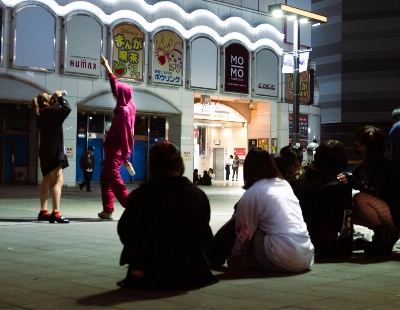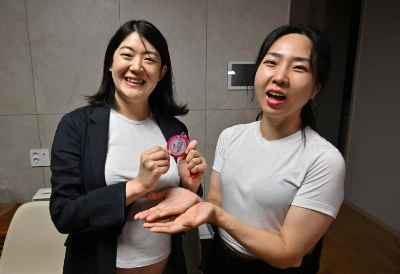The Bank of Japan decided Tuesday to expand its purchases of banks' stockholdings by 50 percent to 3 trillion yen, a move calculated to help banks weather declines in share prices and to quiet some politicians.
The decision came in one of two Policy Board meetings called by Toshihiko Fukui, who took over as BOJ governor only last week.
The first was an emergency meeting designed to signal to the market that the central bank continues to manage any financial repercussions from the U.S.-led war in Iraq.


















With your current subscription plan you can comment on stories. However, before writing your first comment, please create a display name in the Profile section of your subscriber account page.